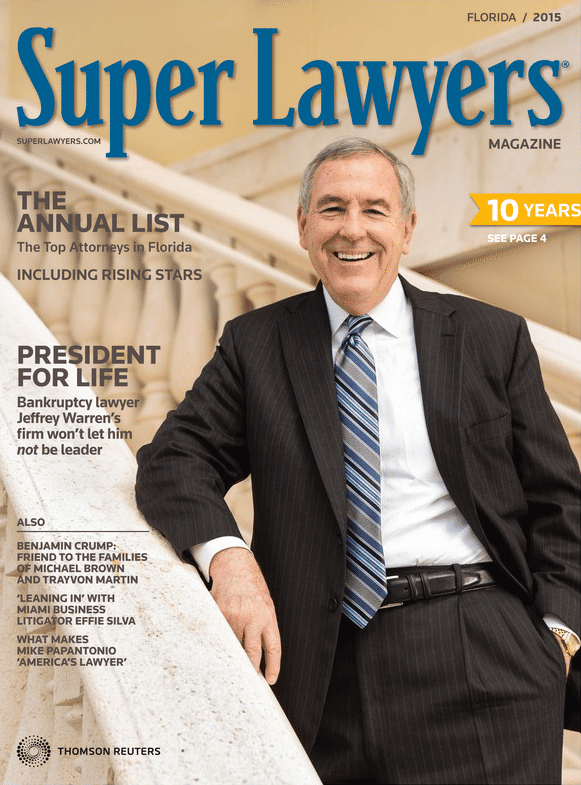Cruise ships have received a lot of negative press in recent years, making many individuals and families reluctant to plan a cruise vacation. While cruise ship accidents and injuries are not unheard of, you can avoid reduce opportunity for mishaps by simply preparing properly. Here are six steps you can take to plan a cruise that is both fun and safe.
- Choose an appropriate cruise
When planning a cruise, there are many questions to consider. Who will be going on the cruise, and what kind of destination might they enjoy? While an older couple may enjoy a tour of Europe, a family with children might do better on a cruise through the Caribbean islands.
How long do you plan on cruising for, and how much money do you want to spend? There’s a wide variety of cruises designed to suit every age, budget, and personality—do your research to find the best one for you. There are many sites that compare cruise lines by size, cost, destination, and features. Cruiseline.com and Cruise Critic are good places to start.
- Choose the right cabin
You will generally find four types of cabins on cruise ships. They are:
- Basic cabins with windows
- Basic cabins without windows
- Cabins with private balconies
- Suites
If you are easily affected motion sickness, lower, centrally located basic cabins are ideal. If you feel confined in small spaces, window and balcony cabins or suites are best. If a member of your party has limited mobility, you should pick a cabin that is close to areas you think they will frequent. You should also consider noise levels—if you are a light sleeper, stay away from cabins near the pool, dining rooms, and service areas.
- Pack wisely
Sunscreen, sunglasses, and sun hats are a must—chances are you’ll be getting a lot of sun exposure. Rain gear, proper shoes, and mosquito repellent are also important, along with basics such as recreational clothing and toiletries. Although many ships will sell essentials onboard, they are usually offered at an inflated price. Pack any medication, along with prescriptions and instructions. If you are traveling abroad, bring your passport and birth certificate, as well as paper and electronic copies.
Leave behind any valuables—such as electronics, jewelry, and large amounts of cash—as theft is not uncommon on ships. In addition, such items will draw attention when you leave the ship to go on excursions.
- Research destinations

You can find travel information and warnings on the areas in which your cruise is traveling on the U.S. Department of State’s site. Research destinations where the cruise visits and investigate any dangerous areas to avoid in order to reduce your chances of becoming a victim of onshore crime. Once you reach port, you can also ask the cruise director if there are parts of town of which you should steer clear.
- Visit your doctor
By getting a medical checkup before your trip, you can reduce the opportunity for health-related injuries. If you are sensitive to seasickness, a doctor can make recommendations or provide appropriate medication. Be sure to alert your cruise line if you have any special needs before your trip.
- Know safety rules
Prior to disembarking, cruise ship staffers should provide a safety drill that informs guests of where to go and what to do in the event of emergency. Pay close attention, and acquaint yourself with security features such as life boats, sprinklers, and emergency evacuation plans.
Even with responsible preparation and proper planning, accidents still happen. If you or a family member suffers personal injury on a cruise due to negligence or unsafe conditions, you may be entitled to compensation. Contact a personal injury lawyer with experience in cruise ship injury cases to make sure you and your family receive the compensation you deserve.
About the Author:
Andrew Winston is a partner at the personal injury law firm of The Law Office of Andrew Winston. He has been recognized for excellence in the representation of injured clients by admission to the Million Dollar Advocates Forum, is AV Rated by the Martindale-Hubbell Law Directory, and was recently voted by his peers as a Florida “SuperLawyer”—an honor reserved for the top 5% of lawyers in the state—and to Florida Trend’s “Legal Elite.”















